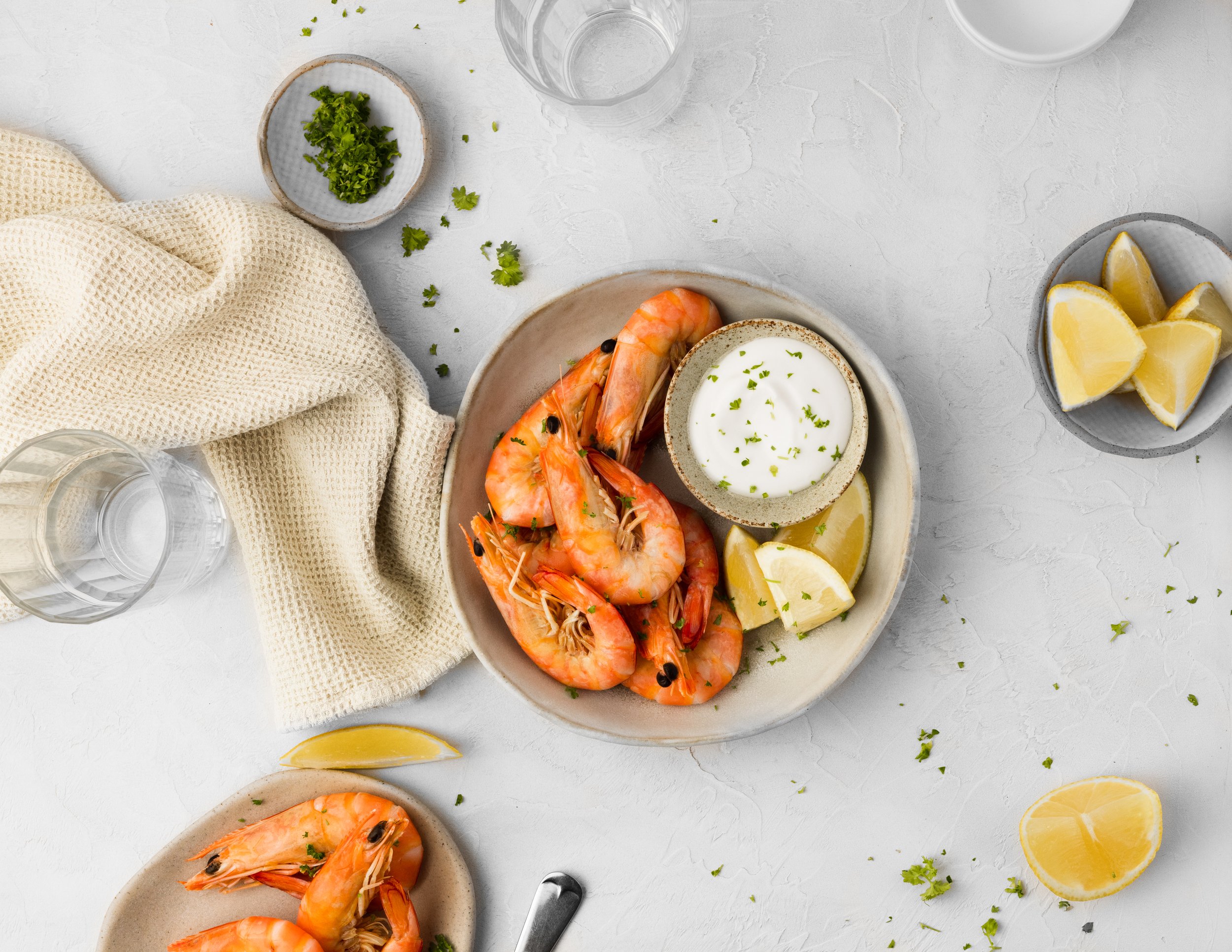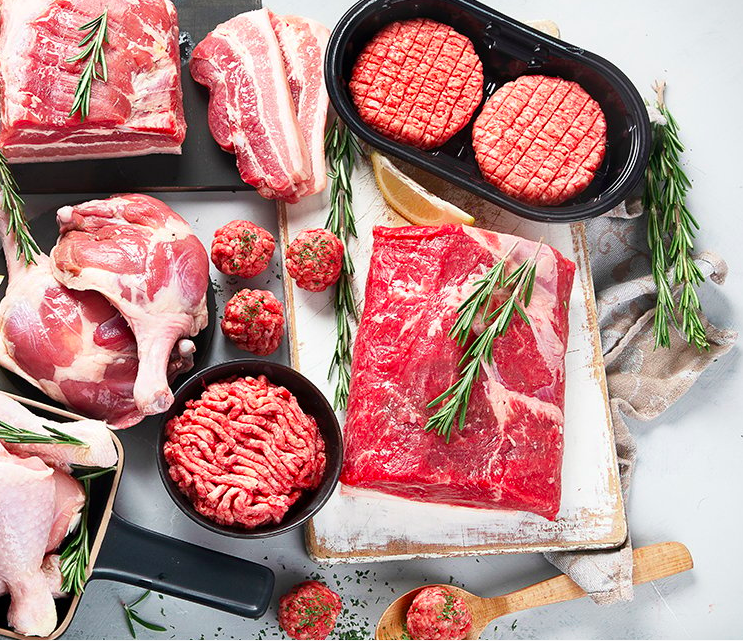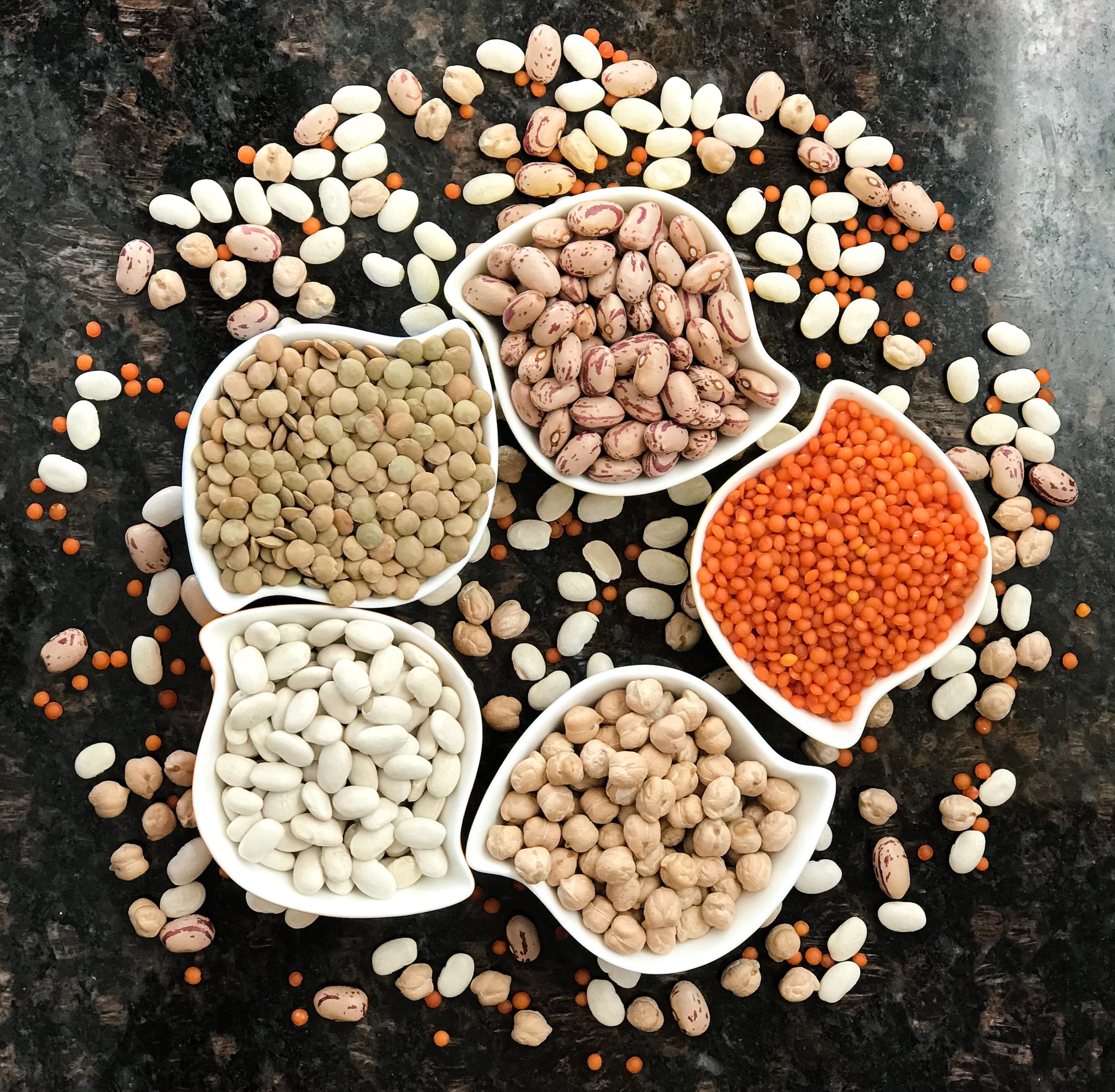Why Meat IS Good For You!
I’m not saying you HAVE to eat meat; I fully respect your choice to eat what you like, but the messaging around meat has become quite confusing and I would hate for you to fearful of meat due to vegan movements, pressure and perspectives.
I understand this can be a polarising topic for some people and I’m not here to push what I believe on anyone else, but I think it’s important to look at the facts! Meat has traditionally been seen as a good source of protein; however, meat and poultry also contain a wide variety of other amazing nutrients to help our bodies thrive.
So, let’s start with what is classified ‘meat’ and ‘poultry’ and their benefits (overall)
Red Meat
Red meats contain vitamins and minerals that have been proven to have beneficial impacts for cardiovascular disease, type 2 diabetes, weight management and some cancers.
Some sources of red meat include:
Beef
Lamb
Pork
Veal
Venison
Goat
Kangaroo
Poultry and Fish
Poultry and fish consumption have been linked to have a beneficial relationship for improving cardiovascular health and supporting brain development and function (fish especially).
Some sources of poultry include:
Chicken
Turkey
Some sources of fish/seafood include:
Tuna
Salmon
Sardines
Barramundi
Snapper
*canned fish is a great option (just make sure they are canned in spring water or good quality extra virgin olive oil)
Also, do not be afraid of offal/cheaper cuts of meat, they are packed with nutrients, I am going to share more on this in the coming months… so stay tuned.
Serving Size
This is highly individual but when building your plate, generally a palm size of meat/poultry/seafood is an appropriate portion.
Now let’s talk about the benefits of specific nutrients we can get by incorporating meat!
Protein
Meat and poultry are excellent sources of protein which is important for growth and development. Protein is made up of amino acids which build and repair muscles and bones, help make hormones and enzymes and can also be used as an energy source.
Iron
Iron is an important mineral that is involved in various bodily functions including the transport of oxygen around the body (arguably the most important role in the body). Iron also assists with muscle function, enzyme production and proper immune system function.
Iron can be lost from the body through sweat and blood loss. It is for this reason that menstruating women ensure they are consuming enough iron in their diets.
Zinc
Zinc is another important mineral which is found in meat. Zinc helps to keep your immune system strong and your skin healthy. It is also essential for growth and development and reproductive health.
Vitamin B
In total there are 8 B vitamins, responsible for various processes in our bodies. The key B vitamins that can be found in meat and poultry include B3, B5, B7, and B12. So, what does each B vitamin do? Let’s dive in:
B3 (niacin):
Essential for assisting the body to breakdown carbohydrates, fat and alcohol into energy
Helps maintain skin health
Supports nervous and digestive systems
B5 (pantothenic acid):
Needed to metabolise carbohydrates, proteins, fats and alcohols
Helps to produce red blood cells and steroid hormones
B7 (biotin):
Needed for energy metabolism
Required for fat synthesis
Assists in amino acid metabolism and glycogen synthesis
B12 (cyanocobalamin):
Helps produce and maintain nerve cells and nervous system functioning
Assists with mental ability
Red blood cell formation
Breakdown of some fatty acids and amino acids to produce energy
Iodine
Iodine is used by the thyroid gland in your throat to produce thyroid hormone. These hormones are essential in controlling your metabolic rate (the rate at which your body uses energy when it is resting), as well as helping your brain and body grow and develop.
Omega 3
Omega-3 is often found in fish and seafood it is super beneficial for our overall health. Fish and seafood rich in omega-3 support brain function and health, can improve and reduce risk of heart disease, help manage blood glucose levels, improve eyesight and relieve symptoms of inflammatory conditions such as arthritis and psoriasis.
There are also some side effects that come with deficiencies of the nutrients above, which have a strong correlation between meat intake. These side effects include:
Anaemia
Poor eyesight
Low energy
Weight fluctuations
Shrinkage or wasting of muscle tissue
Slow growth (in children)
Brain fog
If you’re after some recipe inspo, try some of my DELISH recipes below to get you started:
Try Grass-Fed/Finished Lamb with my Slow Cooked Lamb Loaded Burritos
Try Grass-Fed/Finished Beef with my Almond Satay Beef Noodles
Try Free-Range Chicken with my Clean Chicken Parma
Try Pasture-Raised Pork with my Banh Mi Burgers
If you’re not too sure where to start when it comes to choosing good quality meat products, I have an article all about eating grass-fed and free-range meats, as well as an article about wild seafood, both of which would be a good starting point.
If Meat ISN’T for you
If after reading this eating meat still isn’t for you (for whatever reason, I’m not here to judge), PLEASE ensure you are still getting all of the essential nutrients that are abundant in meat products elsewhere. Malnutrition/undernutrition of various important vitamins and minerals is far too common for those who choose to eat a vegetarian or vegan diet, try incorporating some of these healthy alternatives:
NO fake meat (I have more on this coming soon so stay tuned!!)
Tofu (organic, non GMO)
Tempeh (organic, non GMO)
Legumes
Lentils
Chickpeas
Seeds
Eating plant based is becoming extremely popular, if you are new to plant-based eating, start here for all the dos and don’ts.
I also have a range of tips in my article, how to nourish when eating vegan/vegetarian. You can also find a range of plant-based recipes that you can get inspo from here!!
Want more?
My Low Tox Food Program is my signature program and honestly my true passion. It will help you get back in touch with REAL food. I go through every food product imaginable, giving you the confidence that what you are adding to your shopping trolley is free of nasties, additives and is actually going to nourish your body.
After some more nourishment?
Check out these articles!
· Get Glowing Skin through the power of FOOD
· How to Read Food Labels
· Eating Organic… is it Worth it?









